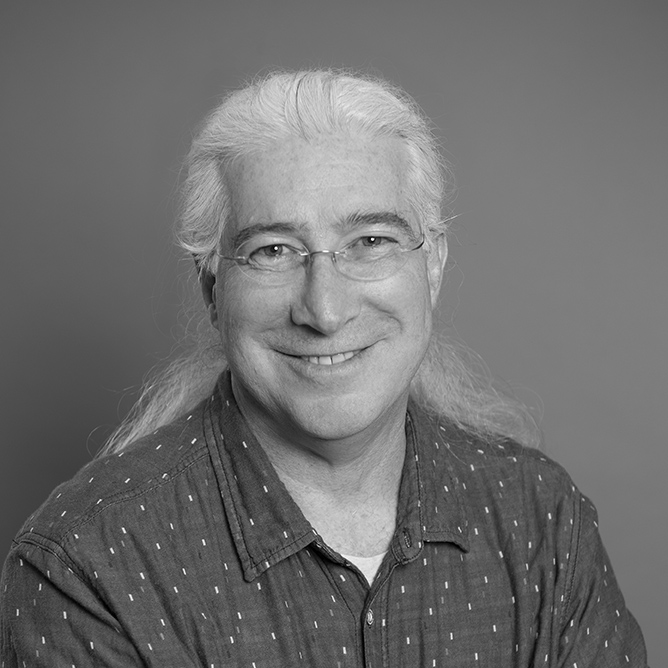EpiCypher was founded based on the groundbreaking work from the laboratories of Drs. Bedford, Gozani and Strahl, whose efforts studying the function of histone modifications and the enzymes that catalyze their deposition have resulted in numerous seminal discoveries published in top-tier journals, including Nature and Cell. Leveraging the founders’ substantial expertise in the field, EpiCypher is advancing multiple product families to help find cures to some of the most challenging diseases in the world.
 |
Mark Bedford, Ph.D. Dr. Bedford is a Professor in the Department of Molecular Carcinogenesis at the University of Texas MD Anderson Cancer Center. He received a Ph.D. from the Weizmann Institute of Science in Israel, and performed his postdoctoral studies with Dr. Philip Leder at Harvard Medical School. Dr. Bedford’s scientific body of work has focused on establishing the biological roles of arginine methylation. He is also widely recognized for his development of protein domain microarrays that are used to identify the binders of a variety of epigenetic marks. |
 |
Or Gozani, M.D., Ph.D. Dr. Gozani is a Professor at Stanford University. Dr. Gozani received his B.A. at U.C. Berkeley and his MD and Ph.D. degrees from Harvard Medical School. Dr. Gozani also did his postdoctoral training at Harvard Medical School in the lab of Dr. Junying Yuan. Dr. Gozani’s lab focuses on understanding how chromatin-signaling networks regulate key physiologic and pathologic programs. For his work in chromatin biology and epigenetics, Dr. Gozani has received numerous honors including a Burroughs Wellcome Career Award in Biomedical Sciences, a Kimmel Scholar Award, a Searle Scholar Award, and an Ellison Senior Scholar in Aging Award. |
 |
Brian Strahl, Ph.D. Dr. Strahl is a Professor in the Department of Biochemistry & Biophysics at the University of North Carolina at Chapel Hill, where he has been an investigator for the past 10 years. Dr. Strahl performed his post-doctoral studies with Dr. C. David Allis at the University of Virginia, where he formally proposed the histone code hypothesis – a far-reaching idea to explain the function of histone modifications. Dr. Strahl has been the recipient of various prestigious awards for his work on histone modifications. He was the recipient of a Presidential Early Career Award for Scientists and Engineers in 2003. Dr. Strahl also received the ASBMBSchering-Plough Research Institute Award in 2005, and the EUREKA award from the NIH in 2007. |
